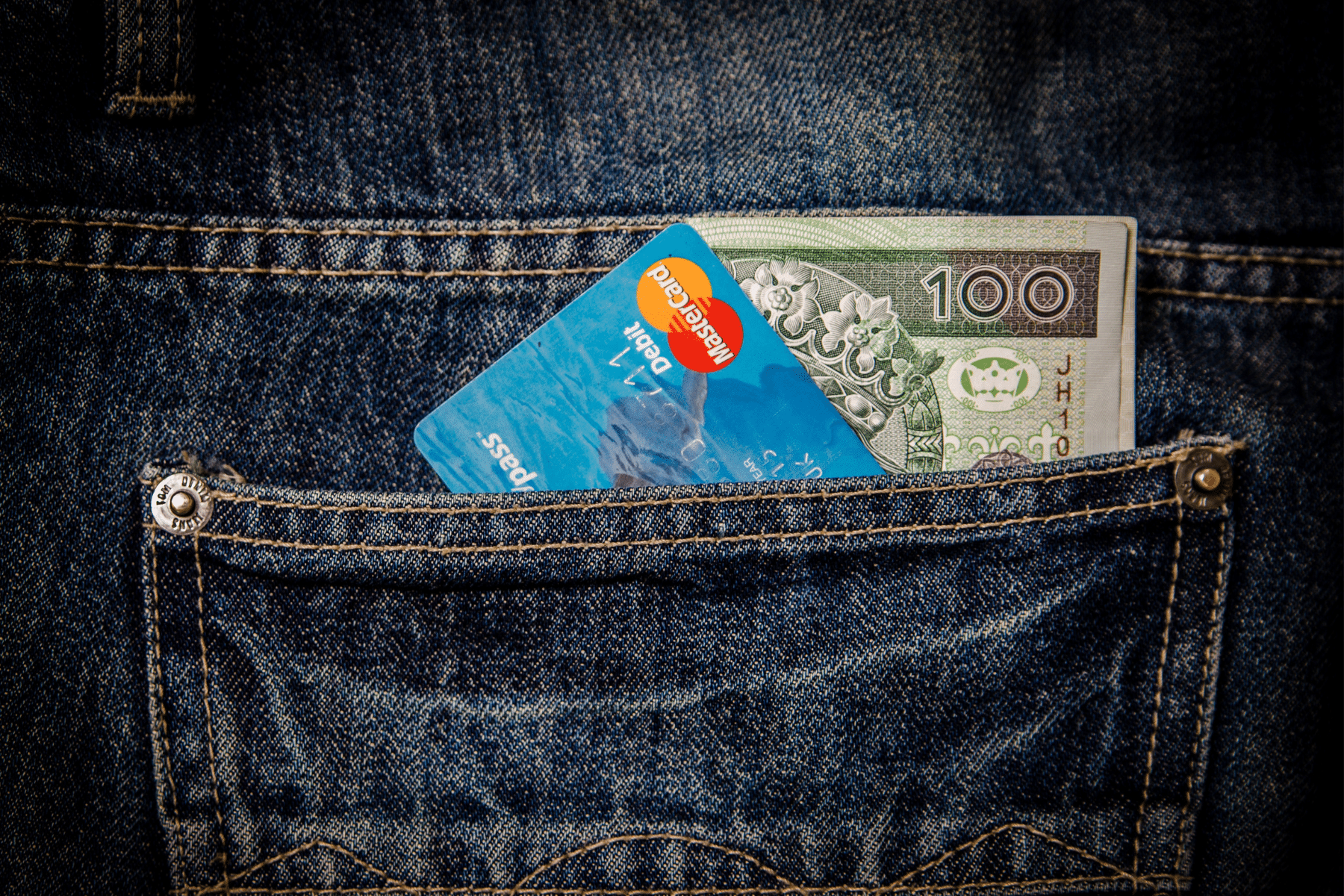How Old Do You Have to Be to Get a Credit Card in Canada?
By Athanasia Nikolakakis | Published on 17 Apr 2023

Applying for your first credit card is an exciting early step towards a healthy financial future. After all, credit cards can be a great way to build your credit score. In turn, a healthy credit score can help you qualify for better interest rates and save money in the long run. But how old do you have to be to get a credit card?
Since the minimum age to apply for a traditional credit card varies across Canada, it may be confusing to determine exactly when you qualify. To make your first credit card application as straightforward as possible, we will be clarifying the minimum age requirement for each province and territory. But first, it is important to realize just what may be at stake when you apply for a credit card.
Things to consider before applying for your first credit card
As exciting as it can be to qualify for your very first credit card, it is important to keep a level head. Reckless credit card use can put you in debt very quickly and negatively impact your credit score for years to come. This means that on top of paying extra via credit card interest, you may receive poorer interest rates when financing a car, applying for a mortgage, or taking out other loans in the near- to medium-term future. Misusing a credit card can be a very expensive mistake.
Look for perks on regular purchases
On the other hand, using a credit card for purchases that you would have made otherwise allows you to enjoy cash back and other rewards. As we mentioned above, responsible credit card use can also help you increase your credit score and qualify for better rates, which saves you money over time. Ultimately, owning a credit card is neither inherently good nor bad — a credit card is simply a tool that should be used responsibly.
Use it responsibly to avoid debt
Before applying for your first credit card, be sure to establish a budget and figure out how you will track your expenses. If you do not pay attention to your spending habits, it will be much easier to think of your credit card as an easy way to access free money.
This line of thinking almost always leads to debt. On the other hand, if you stick to a strict budget, it will be much easier to use your credit card without incurring late fees, financial stress, or a poor payment history. The more closely you can stick to a budget, the better you will set yourself up for success.
How old do you have to be to get a credit card in Canada?
If you feel that you are old enough to get a credit card and use it responsibly, the next important requirement is to legally be old enough to apply for a credit card. Since the age of majority ranges across Canada’s different provinces and territories, you may be forced to delay your application for a year depending on where you live. For easy reference, we have compiled a list of how old you have to be to get a credit card in each province and territory.
Minimum age to apply for a traditional credit card on your own:
| British Columbia | 19 |
| Alberta | 18 |
| Saskatchewan | 18 |
| Manitoba | 18 |
| Ontario | 18 |
| Quebec | 18 |
| New Brunswick | 19 |
| Nova Scotia | 19 |
| Prince Edward Island | 18 |
| Newfoundland and Labrador | 19 |
| Yukon | 19 |
| Northwest Territories | 19 |
| Nunavut | 19 |
Once you reach the age of majority, you are legally eligible to apply for a traditional credit card. However, credit card providers can (and frequently do) set stricter requirements for applicants. These requirements generally come in the form of a minimum annual income or a minimum credit score and may block young adults’ applications.
For example, if you are 18 years old, chances are that you will not qualify for a card that requires an annual income of $60,000. Fortunately, some credit cards are better suited for young adults than others.
Student credit cards
If you are currently enrolled in school, you may wish to apply for a student credit card. These cards are relatively easy to obtain, even without a credit history. Although they usually do not come with premium credit card perks, they still provide cardholders with rewards points or cash back. For example, the BMO CashBack Mastercard for Students is easy to qualify for and allows you to earn cash back on all your card purchases.
What if you’re not a student?
If you are not a student at the moment, you may want to explore entry-level credit cards such as the RBC Cash Back Mastercard or the Essential Credit Card by American Express. These cards (and other similar entry-level cards) do not have minimum income requirements, but generally still want to see some form of credit history. If you do not have any credit history yet, you may have to explore non-traditional credit cards in order to build up your profile.
Alternatives to traditional credit cards in Canada
It can be frustrating to wait until adulthood to apply for a credit card. Here are something you can do until you are old enough to get a credit card on your own.
Become an authorized user
If you are not yet old enough to apply for a traditional credit card on your own, you can ask an adult to add you to their card as an authorized user. This means that you will have access to their credit account and can use it to make purchases.
However, the payment history will not count toward your credit score. You may also find it difficult to find an adult who is willing to list you as an authorized user since they will have to take responsibility for your spending. This is a popular strategy among parents who want to help their teens access a credit card and learn how to use it properly.
Get a joint credit card with someone
The idea of sharing a credit card becomes more useful once you reach the age of majority. At this point, you will be eligible to apply for a credit card as a co-borrower with someone else. Both co-borrowers must be adults and will have their credit scores impacted by payment history.
Again, this might make it difficult to find someone willing to help out. However, it also means that responsible credit card usage can help you build a stellar credit profile — all while enjoying the benefits of traditional credit cards.
Consider a secured credit card
If you have reached adulthood, but still do not meet credit history requirements for traditional cards, and would prefer to open up a credit card on your own, you still have a good option: applying for a secured credit card like the NEO Secured Credit Card.
Secured credit cards automatically accept applications, do not have income or credit history requirements, and allow you to build your credit history. However, you will need to put down a deposit when opening up your card. You will get your deposit back when you close the card, but it cannot be put towards your monthly statement in the meantime. Also, be aware that missing payments on a secured credit card will negatively impact your credit score.
What about prepaid cards?
If you are not interested in any of the options mentioned above, you may want to look into prepaid credit cards such as the KOHO Reloadable Prepaid Mastercard or the Neo Money Prepaid Mastercard. Prepaid cards do not contribute to your credit history, but generally allow you to earn a small amount of cash back or reward points with each purchase.
Most prepaid cards are available to minors. As the name implies, you will have to fund a prepaid credit card in advance before using it. In that regard, a prepaid credit card is similar to a debit card but can be used like one for online and in-store purchases, as well as purchases abroad.
Still confused about how old you have to be to apply for a credit card? Check out our list of frequently asked questions for help!
